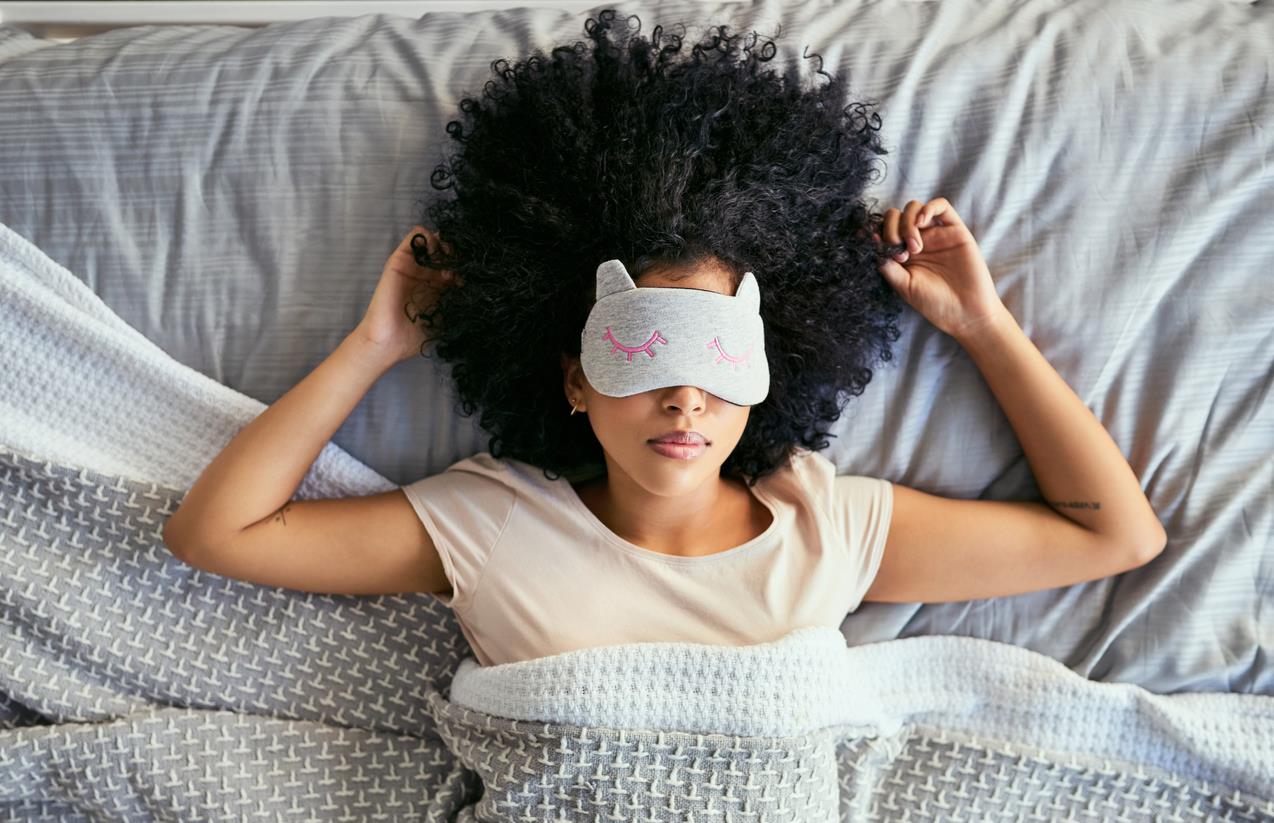Making the Most of Your Sleep!

Like eating fruit and vegetables or going for a walk, sleep is a vital component for good health and wellbeing, as it provides numerous health benefits from repairing and maintaining processes to creating memories, improving mood and keeping your heart healthy.
Most adults need 7 or more hours of sleep, babies, young children, and teens need even more sleep to enable their growth and development. But it’s not just the quantity of sleep that is important, the quality of sleep ensures that you feel restored when you wake up, whilst contributing to you overall health. In fact, many studies have shown that a lack in quality and or quantity can lead to an increase in blood pressure, heart disease, and other medical conditions.
Research from the National Institute of Health shows that four key sleep factors are crucial to protect your health:
1. Good quality uninterrupted sleep
2. 7-8 hours for adults each night
3. Regular bedtime and wake up
4. Exposure to sunlight during the day
Unfortunately, there are many disturbances that can affect our sleep; pace of modern life, increased screen time, environmental changes including light, noise and temperature, alcohol and stimulants.
Let’s examine some steps to help us sleep better.
When looking at how much sleep you need, something to consider is your overall health, daily activity, and typical sleep patterns.
Questions to ask yourself:
- Do you feel productive, healthy and happy during the day?
- Do you rely on caffeine to get you through the day?
- Do you have certain days where you are more active than other?
- Do you have a regular sleep pattern?
- Do you drink a caffeine in the evening (usually coffee, tea or soda)?
- Menopause symptoms like hot flashes can make it harder to fall asleep
- Eating large meals before bedtime?
- Finding you wake up to pee during the night?
Examining your daily and nightly routines to target why your sleep might be interrupted or disturbed will enable you to take control of the quality of sleep you are getting. Though it can be hard to change habits, starting with one small, manageable change will notably help your sleep pattern as you progress.
Let’s look at simple improvements we could put in place:
-
Set an alarm to start winding down and getting ready for bed, usually 1 to 2 hours before you intend to sleep.
- Going for a warm bath
- Putting away electronics
- Listening to music
- Stretch, breathe and relax
-
Go for a brisk walk during the day, exposure to sunlight helps stabilize circadian rhythms and makes it easier to fall asleep early
-
Stick to a sleep routine, get up at the same time and go to bed at the same time
-
Avoid substances that keep you awake or disturb the quality of sleep;
- Nicotine in cigarettes is a stimulant, both the quality and the time it takes to fall asleep might be affected.
- Alcohol might help you to fall asleep, but it affects the quality of the sleep you are getting.
- Caffeine can make it difficult to fall asleep and affects your deep sleep. You should avoid caffeinated drinks for at least 4-6 hours before going to sleep
-
Calm a racing mind, many people go to bed thinking about things they need to do the next day/ week even month. Write a to do list, read a book, try mindfulness!
-
Get up if you cannot sleep, it’s important to get up and do something relaxing if you can’t sleep to help you relax and wind down
-
Create the right environment
- When possible, room temperature should be approximately 18.3 degrees Celsius or 65 degrees Fahrenheit
- Avoid light getting in while trying to sleep
- Avoid using electronic devices while in bed
- Use earplugs if there is noise coming in
-
Make your bed and clean your room, its important to ensure you are pleasing all your senses when trying to fall asleep So, let’s not get just enough sleep to stay awake and alert during the day, let’s get quality sleep that will help us feel energised and improve our health!
Link in with your Irish Life Account Manager or Wellbeing Consultant or contact us at wellness@irishlife.ie to find out how we can help.
Created July 2023.